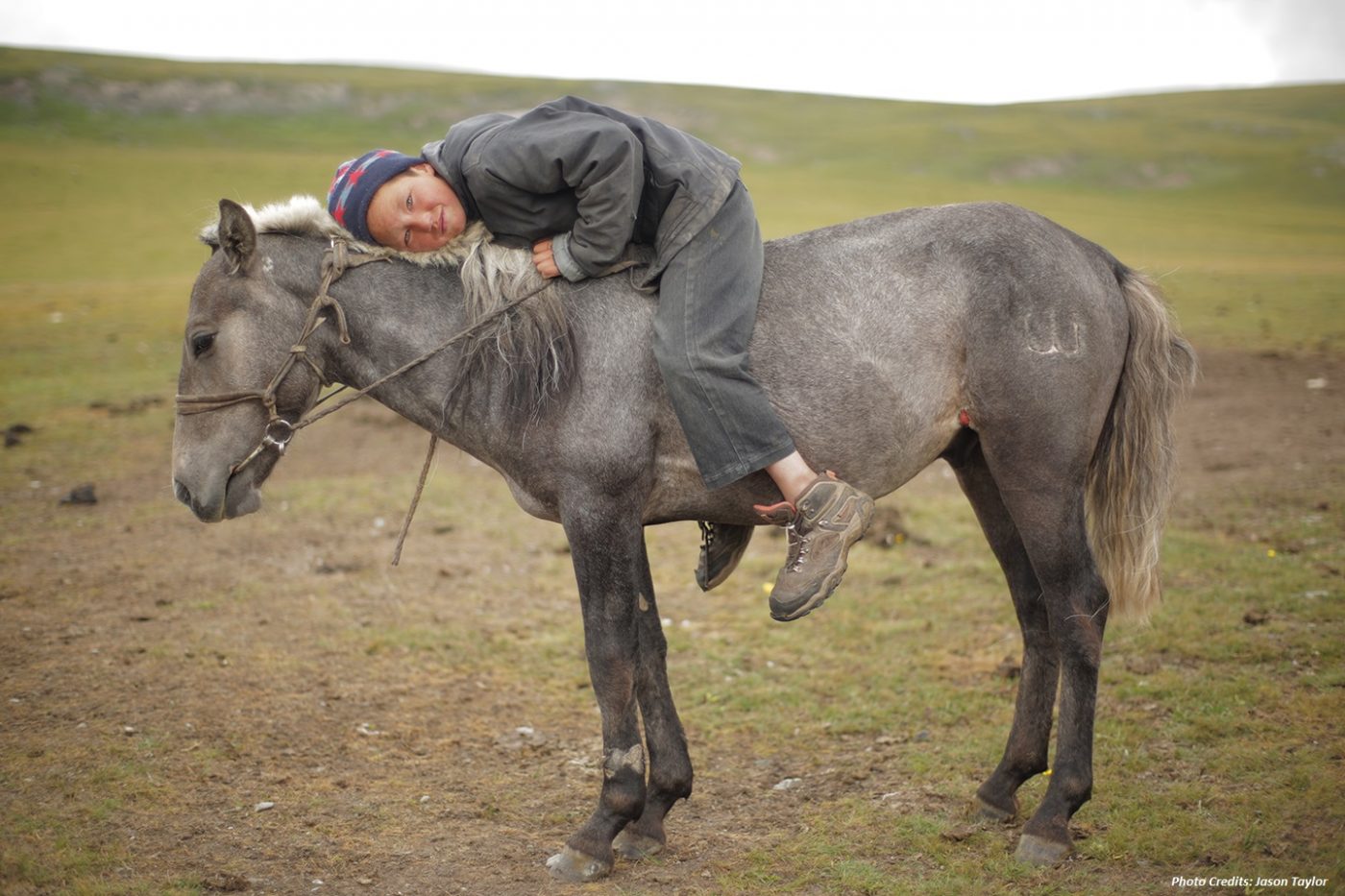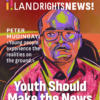Aug. 8, 2016
“Our communities are all connected, living side by side on the steppes. We decided to call our community ‘friendship’. In this community of ours, we live a traditional life on commons land.” –Leader of Chegirtay Community Mr. H.Serikbol
Pasture land is the backbone of Mongolia’s economy, with 78% of the country’s territory used for the livestock grazing. Mongolian pastoralists are nomadic herders who move seasonally, their livelihoods depending on the weather and the quality of pastureland. This ancient practice is currently under threat as climate change is increasing severe weather events like storms, droughts and a particularly event unique to Mongolia the dzud [i]. While pasture land is being increasingly degraded due to the steep increase of animals grazing as a result of the shifts in land ownership in recent history and the necessity of herders to graze on less productive land as well as the result of higher demand for cashmere and other animal products in international markets. As livestock ownership is privatised, the majority of communal pasture land is still owned by the government. To make pastoralism productive, in 2016, the livestock population in Mongolia reached 60 million head for the first time in its history, as herders desperately tried to match market demand without the ability to sustainably management their lands as they do not yet have secure land rights.
A local organization, the Mongolian Environment and Development Association (JASIL), a member of the International Land Coalition (ILC), has spearheaded community-based natural resource management (CBNRM) of pastureland associations to promote sustainable management over pasture lands and livestock in four regions in Mongolia. In these CBNRM of pastureland associations the herding families enter into contract with each other and with the local government to define the seasonal use and management of pastureland. As a community member of Deliun Soum where the majority of the population are ethnically Kazakh, one of the regions where JASIL is active in western Mongolia, stated, “we understand the grasses and the water, we know how best to manage it, and that’s why we need full land rights.”
JASIL emphasizes that the local community members follow the motto: ‘the land to live on, the land to move on, the land to live from in traditional Mongolian nomadic agriculture is based on the triangle: People, Livestock and Nature’.
JASIL collaborated with various stakeholders to create the existing draft of the ‘Pastureland Law’ which has has many landmark stipulations, ranging from engagement with and seeking support of the pastureland users and the wider community prior to decisions being taken and that fact it And be implemented considering ‘existing power imbalances between parties and ensuring active, free, meaningful and informed participation’ to ‘ensuring that adaptation and mitigation measures are undertaken to manage the impacts of climate change and natural disasters’.
If the draft ‘Pastureland Law’ in Mongolia is passed it has potential to recognise the legal right for pasture land use by organized herder’s communities and to allocate winter and spring pasture under communal management contracts with local government in order to implement climate change sensitive land management.
This year, elections took place in Mongolia and the new government will take office in August. The draft ‘Pastureland Law’ will be one of the first laws to be considered by the new national government, so there is good potential for progress.
The Governor of Deluin Soum, has expressed his commitment to the Pastureland Law, stating last week, “we are very much supporting JASIL’s activities, as we understand now that community based pasture land co-management arrangements, the activities that JASIL has started to test and introduce here several years ago now, since 2000, are a good base for our actions on the pasture management in the soum. Because of that momentum we are going now to register pasture use rights of herders in the soum.”
Learn more about Pastoralist way of life in Mongolia in this video: https://youtu.be/PeB08Me8Av0
The Global Call to action on Indigenous and Community Land Rights supports the communities in Mongolia that are calling on the Government to pass the Pastureland Law, and secure the pastoral land rights for herder communities and promoting resilience of herder communities through CBNRM pastureland associations.
Land Rights Now gives visibility to projects and campaigns submitted by its participants. If you would like more information on this case, please email contact@landrightsnow.org .



